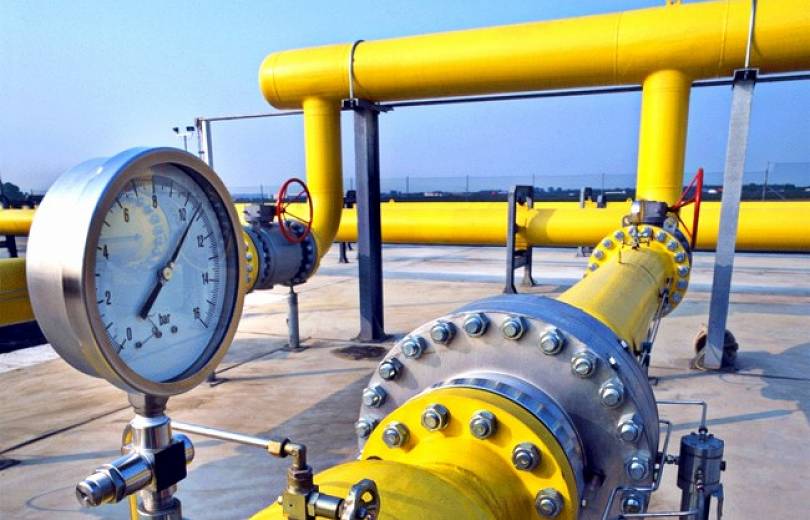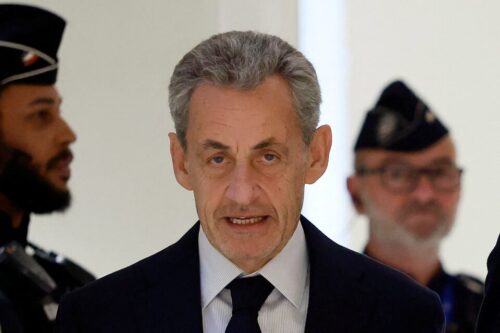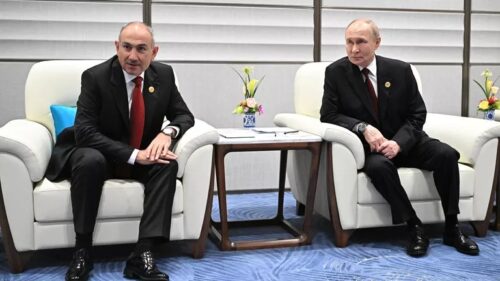
Poland says it wants to impose barriers to EU imports of Russian gas
Nearly three years since Russian missiles began raining down across Ukraine, Europe is still buying vast quantities of Moscow’s oil and gas. Now, Poland wants to put the squeeze on those revenues, Politico writes.
Warsaw — one of Kyiv’s closest allies — hopes to use its turn at steering the European Union’s policy agenda to shine a light on how much fuel the bloc is still importing and to drive a new crusade against imports of liquefied natural gas (LNG) and nuclear technology.
The center-right Civic Coalition government, led by Prime Minister Donald Tusk, will take over the six-month rotating presidency of the Council of the EU on Jan. 1. With other major economies like France and Germany facing political chaos back home, the Ukrainians and their closest allies in the bloc are looking to Warsaw to take charge.
According to the Helsinki-based Centre for Research on Energy and Clean Air, the EU has collectively spent more than €200 billion on Russian oil and gas since the start of Moscow’s full-scale invasion. Meanwhile, despite bloc-wide restrictions like an embargo on seaborne crude imports, there are still major loopholes and purchases of some fuels are rising. On top of that, there are warnings that Russia is openly violating a Western-imposed price cap limiting the amount it can charge for its oil.
Tusk has previously called for the “broadest possible sanctions” against Moscow, and has signaled in the lead-up to Poland’s presidency of the Council that he wants to raise barriers to the EU’s imports of Russian LNG, as well as to target nuclear technology and the fuel supply chain that continues to raise revenue for the Kremlin.
The Polish presidency coincides with a new European Commission, and officials want to show they can do more. Dan Jørgensen, the former Danish climate minister who now steers the bloc’s energy policy, has vowed to introduce a “roadmap” in the first quarter of 2025 to phase out dependency on Russia.
New EU restrictions on the reexport of Russian LNG, passed in a previous sanctions package, will also enter into force in the first few months of next year. That means EU countries will be obliged to block the resale of natural gas flowing through their ports, creating a logistical headache for Moscow’s fleet of tankers. Belgium and France are two of the main hubs for this trade, and have already declared their intentions to implement the new rules.
Speaking to POLITICO, Belgian Energy Minister Tinne Van der Straeten said the bloc needs a renewed focus on “transparency” — i.e. understanding the true origin of fuels — and that the country has tabled a paper for consideration during the Polish presidency to do just that.
A potential workaround would be to block new joint projects with Rosatom, forcing a long-term shift away from Russia’s nuclear industry. Earlier this month, two diplomats with knowledge of the backroom talks being held ahead of the Polish presidency told POLITICO the compromise was seen as a way to tighten the noose without facing a veto from Hungary.
“Russia is pooling efforts to become an indispensable part of the nuclear sector, too, as they did before with oil and gas,” one envoy said. However, even those loose restrictions could face opposition from Hungary.


